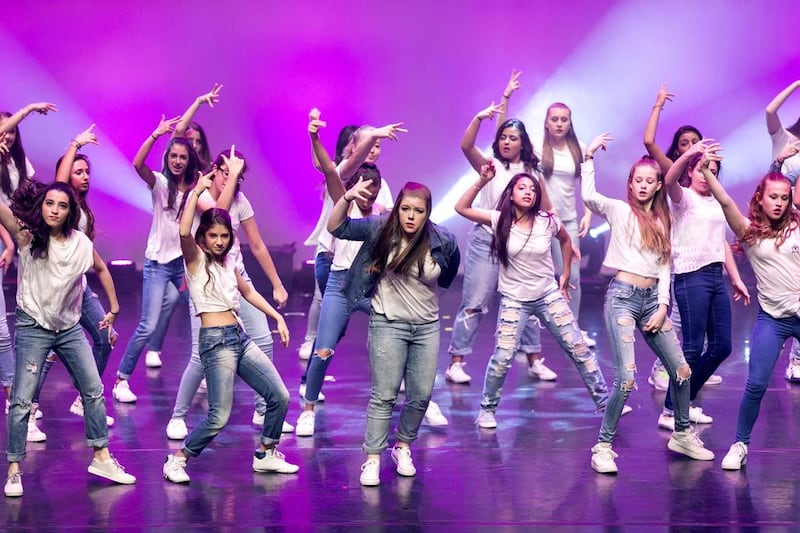When Sharmila Kamte first came to Dubai 20 years ago, a decade before the rise of reality TV dance contests, the UAE’s dance scene was very different.
“It’s changed enormously,” says the British dancer, who runs the Sharmila Dance School at Dubai Community Theatre & Arts Centre, which has 600 students on its books. “Dance back then was rather frowned upon here – and everyone associated it with belly dancing.”
Nowadays, the dance scene is more “urban”, says Kamte – and constantly evolving.
“With the new brand of hip-hop, the dance moves change every three to six months when a new move comes out in a song in the United States,” she says. “It gets hard to keep up with all the trends.”
Kamte credits the flurry of TV dance contests – including Strictly Come Dancing, Dance Mums, Dancing with the Stars and So You Think You Can Dance – with making dance more accessible to and popular with a younger generation. Hitesh Rajani, a 28-year-old Indian from Dubai, was one of the winners of the first Choreography Challenge contest held in Dubai recently, and has had first-hand experience of the effect of TV dance programmes.
He made it to the finals of season 4 of the Indian show Dance India Dance three years ago. In July, he also won the top prize at local dance contest the Strikers Dance Challenge.
“It’s great that these competitions are coming to the UAE, but we need to have more of them,” he says. “A lot of dancers here are blooming. Now, we need to have dancers who have started in Dubai, gone abroad and made it big, so then the whole world can know them for their dancing.”
As well as competitions that primarily appeal to the Indian community’s love of dance, other contests have also started to emerge that focus more on western styles of dance.
The first Dubai edition of the Short + Sweet Dance Festival in May, for example, was organised by The Ripple Effect dance company.
But not all of those in the dance industry are happy about the new wave of competitions.
“I think some of them bring out very fierce young children who probably wear inappropriate clothing and are trained a little bit excessively,” says Kamte.
“In general, the dance moves and the clothes are sexier – that’s just the way it’s gone. I try to hold the reigns on all my dancers, respecting the culture that we live in. But at the same time, you need to stay with the times – I don’t want people thinking: ‘Oh she’s still stuck in the 1990s’. So it’s difficult, but if mummy and daddy are OK with it, then who am I to say anything?”
James Castro came to Dubai in 2000 “during the early days of salsa”. He co-founded the James and Alex Dance Studios in 2011, and now offers a wide range of dance classes, but laments that the variety he can offer is restricted by the availability of expert dancing instructors.
“For the main styles it’s not a problem, but with very unique styles, I often can’t find people at a good enough level to teach,” he says. When taking on a new dance instructor, Castro warns them that outside of work hours, freelancing opportunities in Dubai are far and few between.
“I have to be honest – if they want to dance, Dubai is not the place, because you don’t have a lot of artistic things going on,” he says. “In London and other cities, artistic productions are usually funded by the government, but here, it’s all commercial shows.”
Budding dancers can see the real deal at the new Dubai Parks and Resorts, where daily musical shows are performed by professional dancers at Bollywood Park's Rajmahal Theatre, and also at Motiongate theme park, where a dance show based on the Step Up dance-movie series showcases hip-hop dance styles.
“These shows will hopefully inspire kids to want to learn, but the grass roots have to come first,” says Castro.
“I know some kids from Dubai have gone on to prestigious international dance schools, and as the dance movement grows, I’m sure we’ll see more of that.”
artslife@thenational.ae





